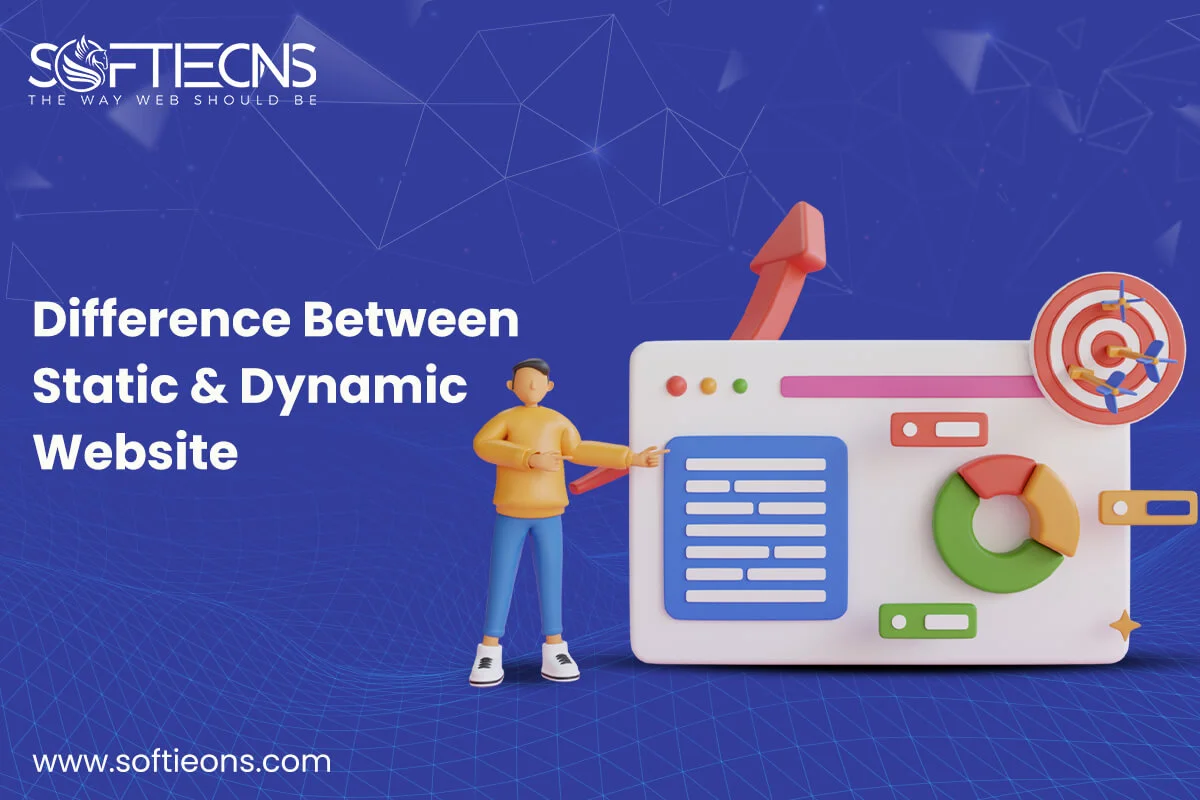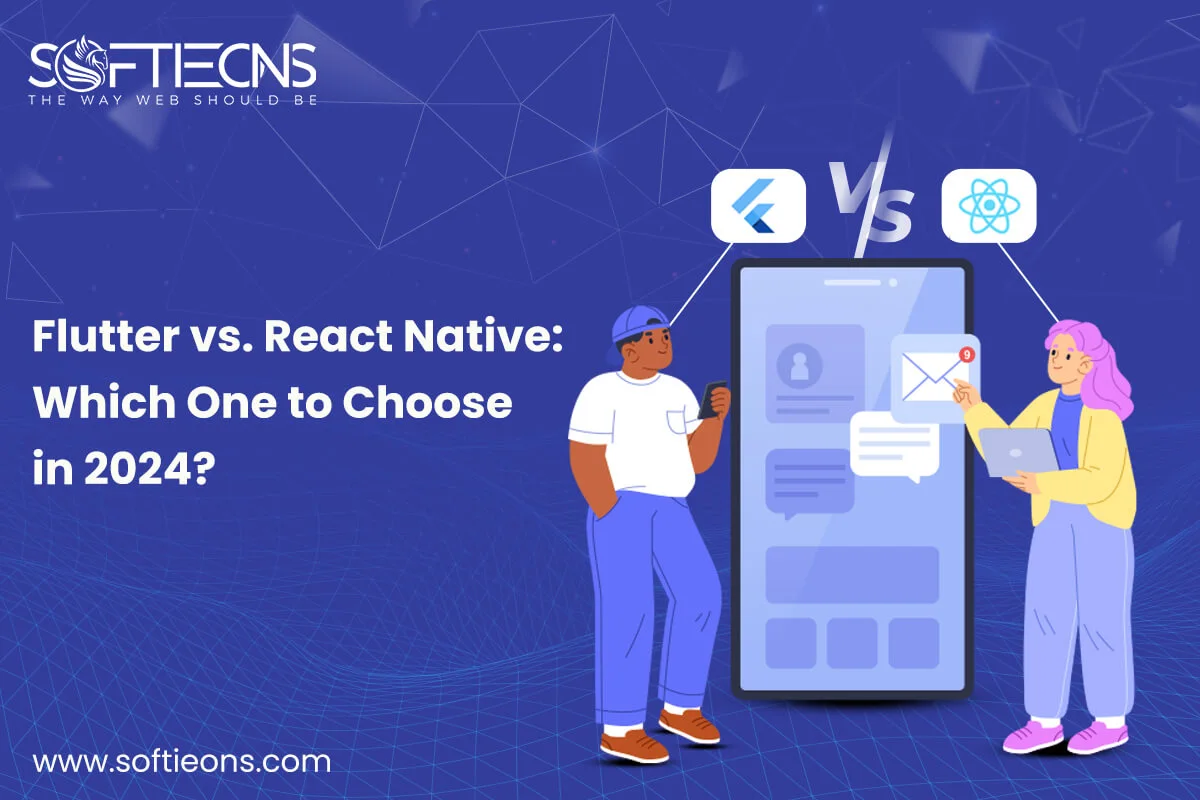Google Analytics 4 vs Universal Analytics
Thu, 16 Dec 2021
In the digital marketing sector, the Google Analytics
4 property has been the most talked-about topic. Many organizations find it
tough to keep up with the Google Analytics 4 property. They're still trying to figure
out how to use GA4. There's a chance you'll be perplexed by the Google
Analytics version 4 scenario.
Google Analytics
Google Analytics is a free service that assists you in
gathering useful data for your online platforms. With all of the modifications
and changes, getting a handle on the overall Google Analytics process will take
some time.
It will be well worth your time and work because it
will offer you information that will help you deliver better customer care and
improve your SEO services.
Universal Analytics
Property
It's a Google Analytics version with rules for
collecting and organizing user data. New tracking codes and options for
measuring user behaviour have been added to the Universal Analytics property.
Let's have a look at some of the most important aspects of Universal Analytics
Property:
·
User
ID: With a single, you can report on all of your users' activities across
numerous browsers and devices. This aids businesses in accurately assessing
data.
·
Tracking
Number: It uses multiple codes to track how people interact with it, as well as
mobile tracking and data collection from various devices.
·
Offline
Data: This protocol aids in determining point-of-sale transactions by tracking
outside sources.
G4 Google Analytics
The current version of Google Analytics, which
collects data and analyses website traffic, is version 4. Google Analytics is
commonly used by businesses to track user interactions on mobile apps, offline
APIs, and web domains. It will aid in the monitoring of digital marketing strategies
and key performance indicators (KPIs).
Google Analytics 4 emphasizes a
"privacy-first" strategy as well as AI-based predictive data. It uses
advanced machine learning algorithms to fill in the data for website traffic
instead of relying on hits from individual web pages.
POPULAR POSTS
Shopify vs. WordPress: Which one is best for e-commerce?
Wed, 07 Apr 2021Role of IoT in the Real Estate Industry
Wed, 14 Apr 2021Why UX And UI Is Important For Mobile Application Development
Sat, 01 May 2021Telemedicine's Advantages in Nursing Homes
Fri, 24 Dec 2021RECENT POSTS
Difference Between Static Website And Dynamic Website
Wed, 24 Apr 2024Flutter vs. React Native: Which One to Choose in 2024?
Mon, 22 Apr 2024Exploring the Benefits of Professional Website Design Companies
Fri, 29 Mar 2024Understanding The Role Of Web Design Firms
Fri, 22 Mar 2024









